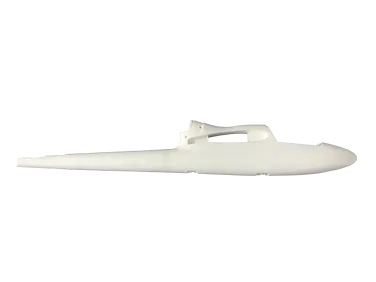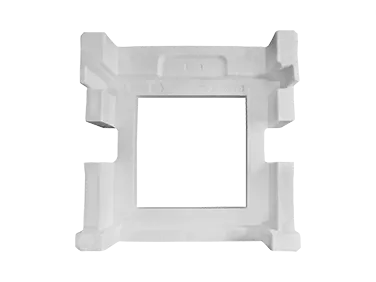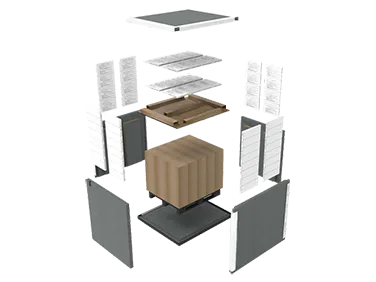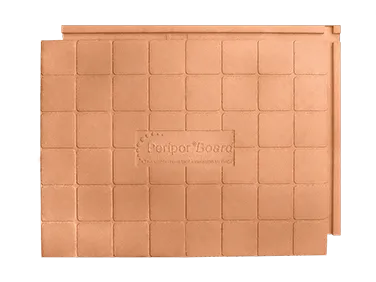Other Foamed Plastics
We process various foamed Polystyrene and Polyethylene polymers such as Piocelan, Expanded Polyethylene (EPE), Lambdapor and Peripor for a wide range of packaging and insulation applications.
Piocelan
Piocelan is a polyethylene-polystyrene hybrid resin foam that is well known for its resistance to shocks, chemicals and abrasions. Piocelan, also known as EPO (Expanded Polyolefin), can be moulded into any shape required. It is widely used in the automotive industry to make head rests, crash pads, floor spacers, bumper cores and energy/shock absorbers. Piocelan is also extensively used as protective packaging for various industries such as food and beverage, electronics and industrial products. Recently, we have introduced Piocelan as a solution for products such as drones. Piocelan can also be used as a substitute for EPOR and Arcel as all three of these materials are polyethylene-polystyrene co-polymers.

Expanded Polyethylene
Expanded Polyethylene (EPE) is a rigid foam known for its cushioning properties. EPE is often used for impact absorption applications such as in energy absorbers and transport packaging. EPE is available with anti-static properties which is why it is used for packaging of delicate electronic devices. EPE is also completely non-toxic and is, therefore, used for food packaging.

Lambdapor
Lambdapor, also known as ‘grey EPS’, is EPS filled with graphite particles. The graphite reflects infra-red heat radiation making Lambdapor well known for its insulation properties. Due to its lightness, stability and low thermal conductivity Lambdapor is used for various packaging applications, especially in the pharmaceutical and construction industries.

Peripor
Peripor is a low weight, flame retardant expandable polystyrene material which features high compressive strength and impact absorption. Peripor’s low thermal conductivity in addition to its high resistance to both compression and water absorption makes it an ideal material for the construction industry. We make Peripor boards that are widely used for roof insulation.

The raw materials for all of these foams are imported based on customer requirements.

